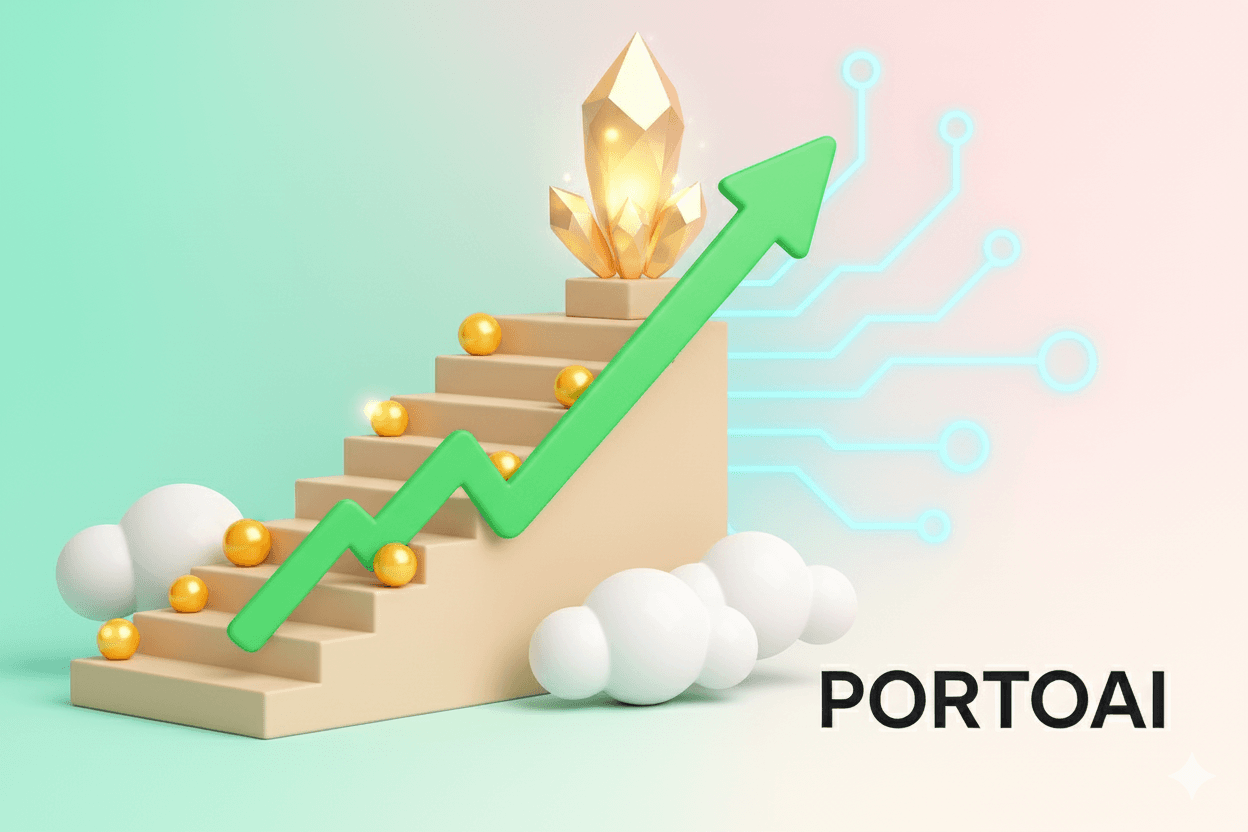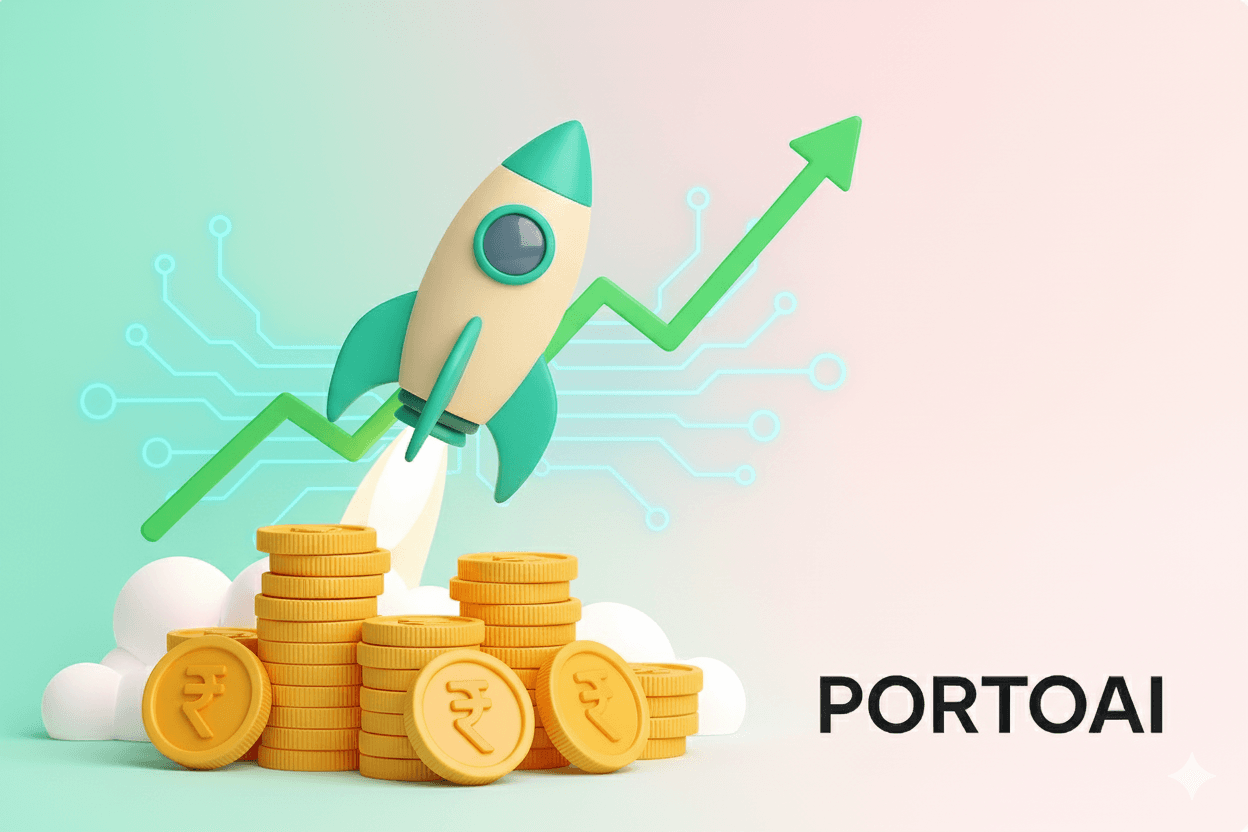What Are Angel Investors? A Guide for Early-Stage Startup Funding

Venkateshwar Jambula
Lead Market Researcher
4 min read
•Published on September 28, 2024
•Understanding Angel Investors: Fueling Early-Stage Startup Growth
For ambitious entrepreneurs, the journey from a nascent idea to a thriving business often requires significant capital infusion beyond personal savings. While traditional loans exist, the dynamic startup ecosystem relies heavily on a distinct class of financiers: angel investors. These individuals play a pivotal role in nurturing innovation and providing the crucial seed capital that early-stage ventures need to scale. This guide delves into the definition, characteristics, and strategic importance of angel investors, offering insights for both founders seeking funding and sophisticated investors looking to enter this high-growth arena.
Who Are Angel Investors?
Angel investors are typically high-net-worth individuals who provide financial backing to startups and early-stage businesses in exchange for equity ownership. Beyond capital, they often contribute valuable expertise, mentorship, and industry connections, acting as strategic partners rather than mere financiers. Unlike institutional venture capital firms, angel investors deploy their personal wealth, seeking substantial returns through a future exit event, such as an acquisition or an Initial Public Offering (IPO).
Key Characteristics of Angel Investors
Angel investors are distinguished by several key traits:
- Deep Domain Expertise: They are often seasoned professionals, former entrepreneurs, or senior executives with extensive experience in specific industries. This allows them to accurately assess a startup's potential and offer informed guidance.
- Strategic Acumen: Their background enables them to provide valuable strategic insights, helping startups navigate market challenges and refine their business models.
- High-Net-Worth Individuals: Angel investors typically possess significant personal wealth, allowing them to make substantial investments.
- Risk Tolerance: They understand and accept the inherent high risks associated with early-stage ventures, where the probability of failure is considerable. This willingness to accept risk is fundamental to their role.
- Portfolio Diversification: For many, angel investing is a component of their broader investment portfolio, aiming for high returns to offset the inherent risks.
The Mechanism of Angel Investing
The term 'angel investing' historically emerged from the Broadway theatre world, where wealthy patrons financed productions. Similarly, modern angel investors provide capital to startups in anticipation of significant equity appreciation. They do not expect the repayment of the principal amount; instead, their objective is to achieve returns that far exceed traditional investment avenues.
The Angel Investment Process
Navigating the angel investment landscape involves several key stages:
- Connecting with Angel Investors: Startups can identify potential angel investors through personal networks, dedicated angel investor networks and groups, online platforms, or direct outreach to known investors.
- Due Diligence: Before committing capital, investors conduct rigorous due diligence. This critical phase involves evaluating the management team, the business model's viability, product-market fit, financial projections, and the startup's long-term growth potential. At PortoAI, our Market Lens provides data-driven insights to help investors conduct more efficient and comprehensive due diligence.
- Investment Agreement: Upon a successful due diligence, a term sheet or investment agreement is drafted. This document outlines the investment amount, equity stake, valuation, governance rights, and other crucial terms.
- Deal Finalization: Following negotiation and approval of the agreement, legal documentation is finalized, officially completing the investment transaction.
Angel Investors vs. Venture Capital
While both angel investors and venture capital (VC) firms provide funding to startups, they differ significantly:
| Feature | Angel Investors | Venture Capital (VC) Funds |
|---|---|---|
| Source of Capital | Personal wealth | Pooled funds from LPs (Limited Partners) |
| Investment Stage | Primarily early-stage (seed, pre-seed) | Typically later stages (growth, expansion), sometimes early |
| Investment Size | Generally smaller | Generally larger |
| Due Diligence | Often more personal and experience-driven | More formalized, data-intensive, and institutional |
| Portfolio Focus | Can be diverse, often with personal interest | Focused on specific sectors or stages for fund mandates |
For sophisticated investors seeking to identify promising early-stage opportunities, understanding these distinctions is crucial. PortoAI's platform empowers users to analyze market trends and company fundamentals, enabling more informed decisions whether evaluating direct angel investments or understanding the broader venture capital landscape.
Blog
Investment Insights and Tips
Explore our latest investment strategies and insights.

Stocks
Master Investment Psychology: Control Emotions for Smarter Stock Decisions
The Psychology of Stock Investment: Understanding Emotions That Affect Investment Decisions A stock market is a funny place – both the seller and buye...
Venkateshwar Jambula
November 7, 2024
•4 min read

Stocks
Power Grid India Stock: Analyzing PGCIL's Price Movements & Future
The Rise and Fall: Unraveling the Power Grid Corporation of India Stock Price The Power Grid Corporation of India Stock Price (PGCIL) has experienced ...
Venkateshwar Jambula
November 6, 2024
•10 min read

Stocks
Are Multibagger Stocks Still Possible in 2025? Your AI Guide
These 6 Multibagger Stocks Exploded in 2025 — Is Your Portfolio Still in 2022? Till June 2025, the benchmark Sensex has risen by around 4%, reflecting...
Venkateshwar Jambula
November 5, 2024
•11 min read

Stocks
Top 5 Indian Growth Stocks & Sectors for 2025: AI-Driven Insights
Top 5 Best Growth Stocks in India & Sectors to Watch in 2025 You see the market correction in late 2024 and early 2025 was driven by weak economic...
Venkateshwar Jambula
November 4, 2024
•9 min read